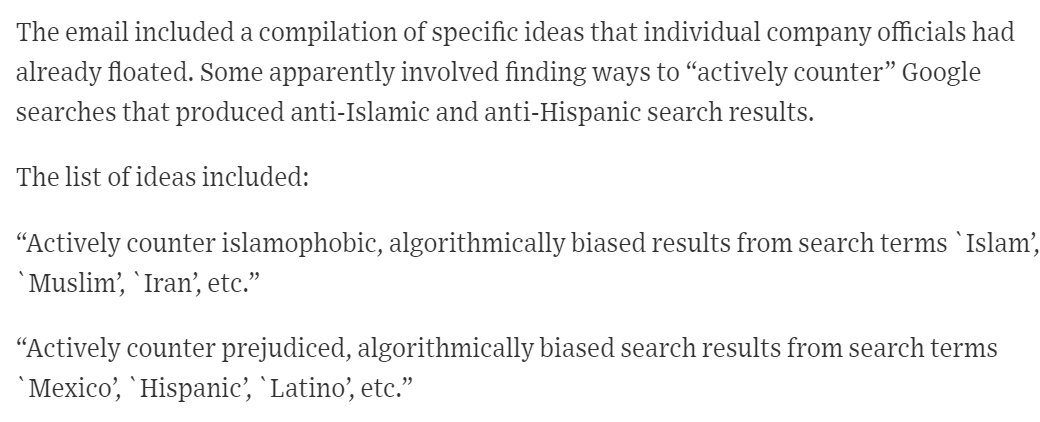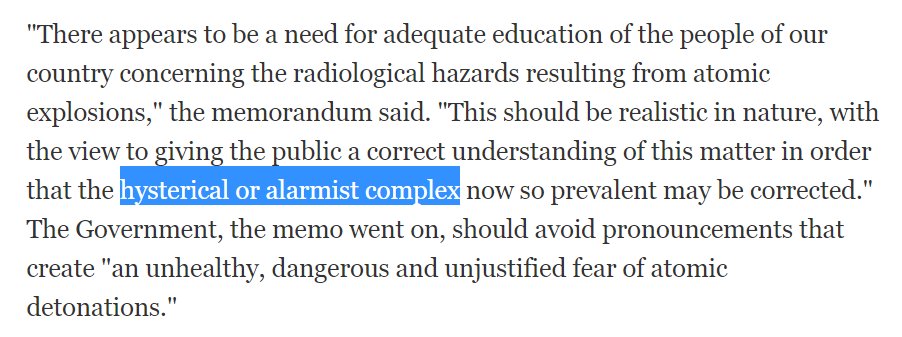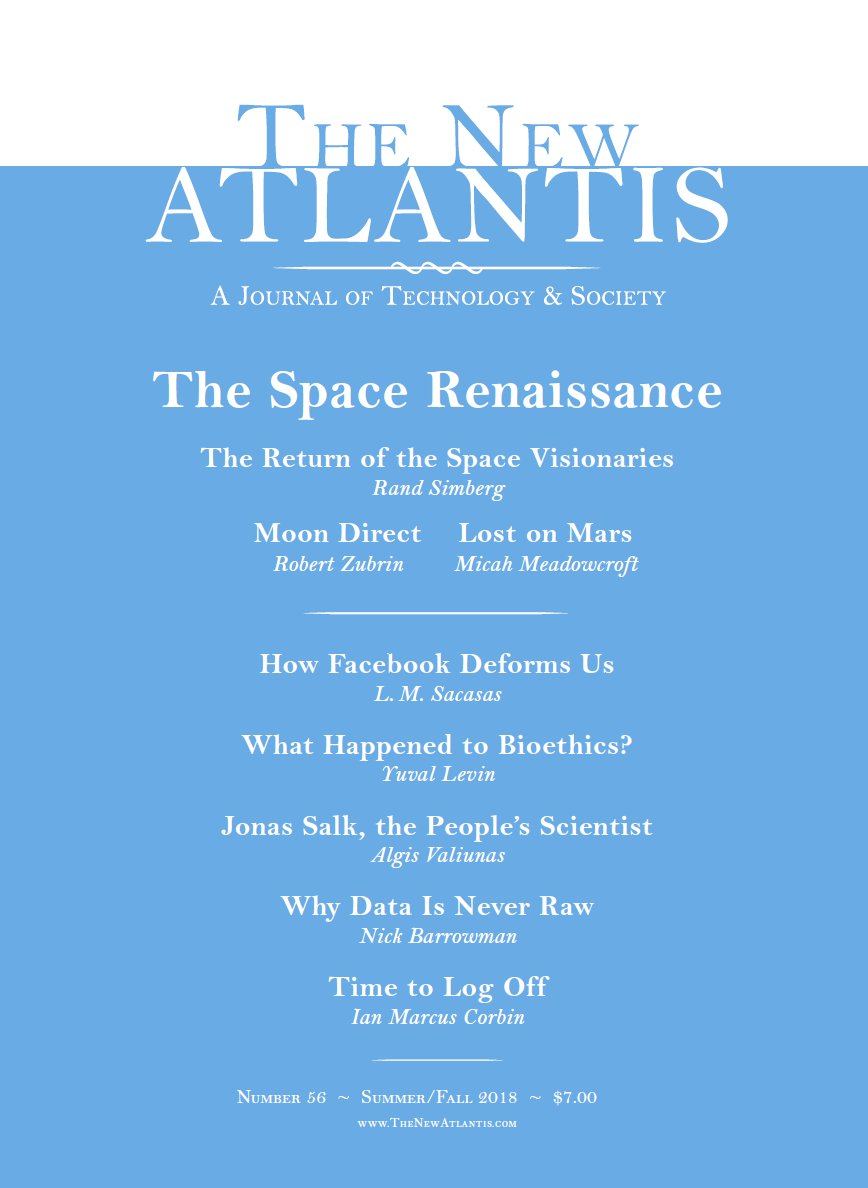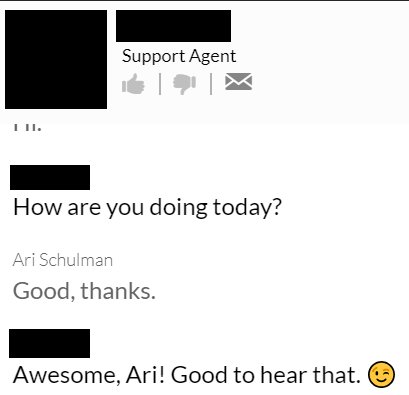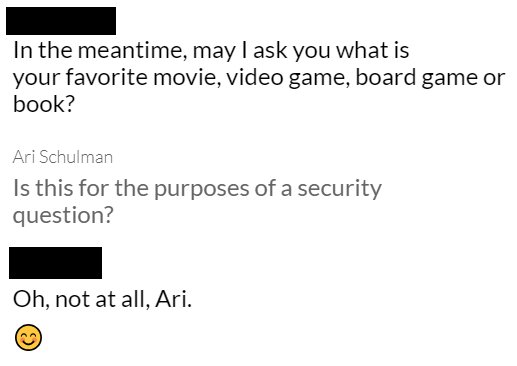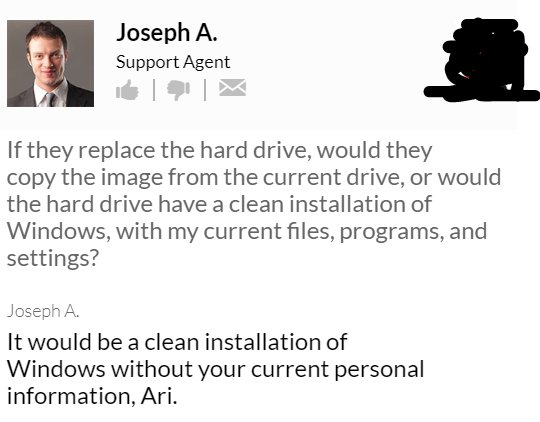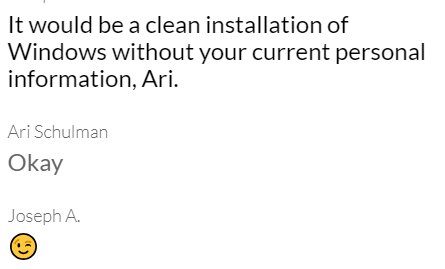The replace-libraries-with-Amazon thing is such a fascinating microcosm of the wretchedness of our current take culture.
First some hapless, unheard-of practitioner of the dismal science has, as is his discipline's wont, a very rational and logical epiphany about the market inefficiency of an institution whose very purpose is to provide a service outside the market.
In times of yore the take would have been read by a few other academics, or perhaps raised some eyebrows in a regional paper, and in either case been promptly forgotten.
But the ecosystem that thrives on the hot-take hate read finds this dumb thing & plucks it out of obscurity. Thus we get this little tragicomic one-act play, in which a character who thinks he's in a peer-review session doesn't realize he's in the center of a national referendum. 

Counter-takes are written for days, until finally the circle is complete: the publishing site, instead of copping to the take's badness and leaving it up as a gruesome warning to future take writers, memory-holes it, with a mealy-mouthed explanation about trusting expertise. 

I'm not sure what my point is here, other than that this episode is depressing for the state of The Discourse in just about every observable facet.
I guess my follow-up wish list is for (1) some proportionality of outrage level to significance of its target;
and (2) it's salutary to see ire over rationalists' attempts to plunder what we rightly protect from market encroachment, but there are things that well more plausibly could be plundered or already are being -- see sex robots, surrogacy tourism, etc.
On the pedestal, these words appear:
"Let me clarify something. Local libraries aren't free. Home owners must pay a local library tax. My bill is $495/year."
Nothing beside remains. Round the decay
Of that colossal Wreck, boundless and bare
The lone & level sands stretch far away
"Let me clarify something. Local libraries aren't free. Home owners must pay a local library tax. My bill is $495/year."
Nothing beside remains. Round the decay
Of that colossal Wreck, boundless and bare
The lone & level sands stretch far away
I think people outside the biz don't fully appreciate how much the economics of daily publications are based on sheer volume of #content, which is a much more reliable way to ensure a certain traffic level than hoping for occasional virality.
Notice that our current favorite Bad Take artist has been writing 4 or 5 of these short takes for Forbes every week for at least several months, and I promise not one person swept up in the anti-takestorm had heard of this guy before. 



If you're the editor, your incentives are to keep the pipeline flowing, meeting your daily quota. All of the incentives push powerfully *against* raising a fuss, or certainly killing a piece. The consequences of doing so are immediate -- unanticipated hassle, protest from
an author who doesn't get your objection, may think you're a dummy, and could stop writing for you, creating a bigger headache; protest from a boss along similar lines. The consequences of a hate mob are pointed but the prospect is very remote.
Most of this logic is different if the outlet is the NYT or the author is already a major national figure. But that's not true for the large majority of what gets published, and even major figures write stuff that doesn't get read.
To resist these trends requires creating barriers against the pressures of the current media economy and take ecosystem. It requires editors able to spend large amounts of time digging into each piece, working with authors to iron out flaws in its data and arguments,
and the space to publish fewer pieces, and at the length required to get the argument right. Sometimes this means months of work.
How does all of this happen? It all depends on the willingness of readers to (a) help pay for this work and (b) reward its production by reading it and talking about it, having the discipline to favor talking about it over the more immediate rewards of hate-takes.
The irony is there's a symbiotic relationship between the hot take and the viral hate reaction: Both thrive in a reader ecosystem that rewards immediate gratification — whether validation or desecration of priors — over deeper thought.
In short: buying subscriptions to your favorite magazines, reading them, and sharing them are practically becoming forms of countercultural protest, the best ways you as a reader can swim against the tide of the hot take and outrage mob.
I have dropped any pretense of unself-interest here, so I shall now plug the magazine I edit, @tnajournal, which publishes essays on the human meaning of science and technology, and subscriptions to which are a modest $24 per year. thenewatlantis.com 



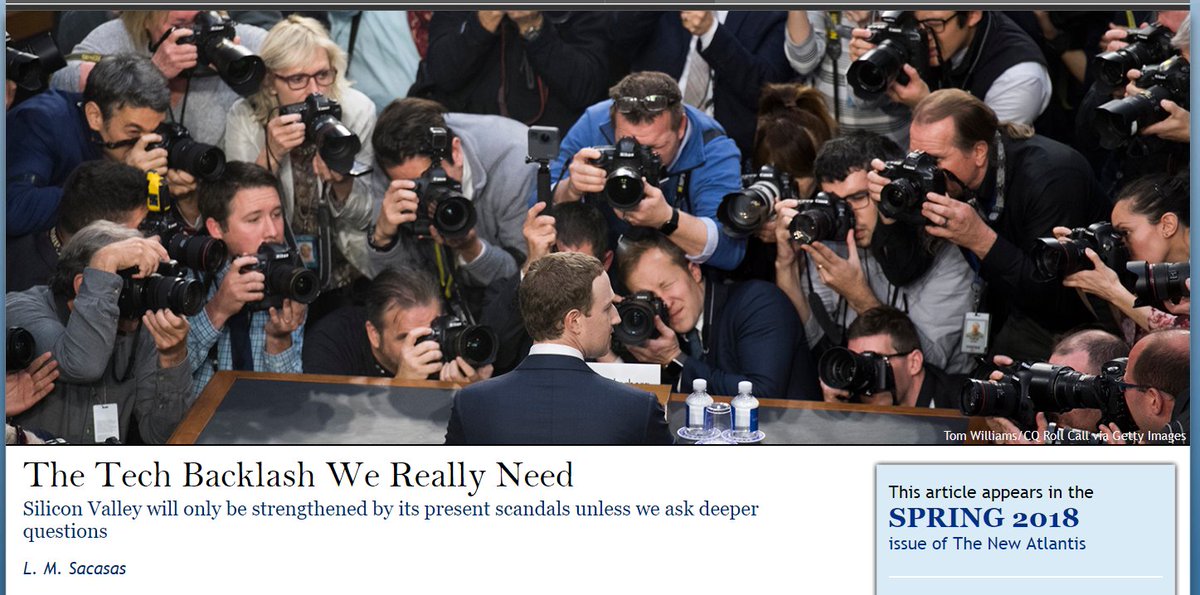
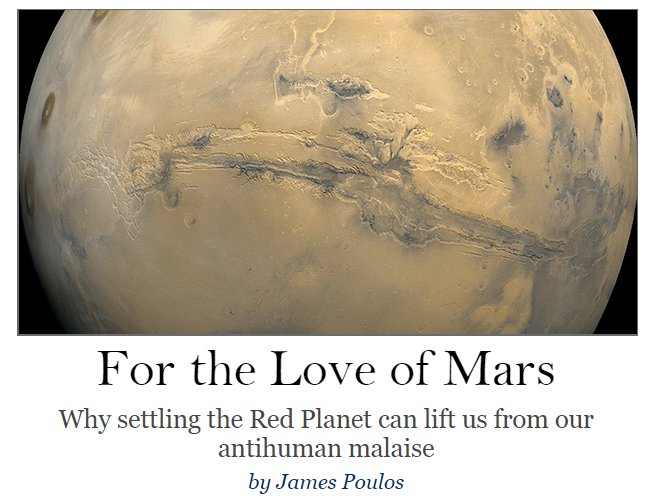

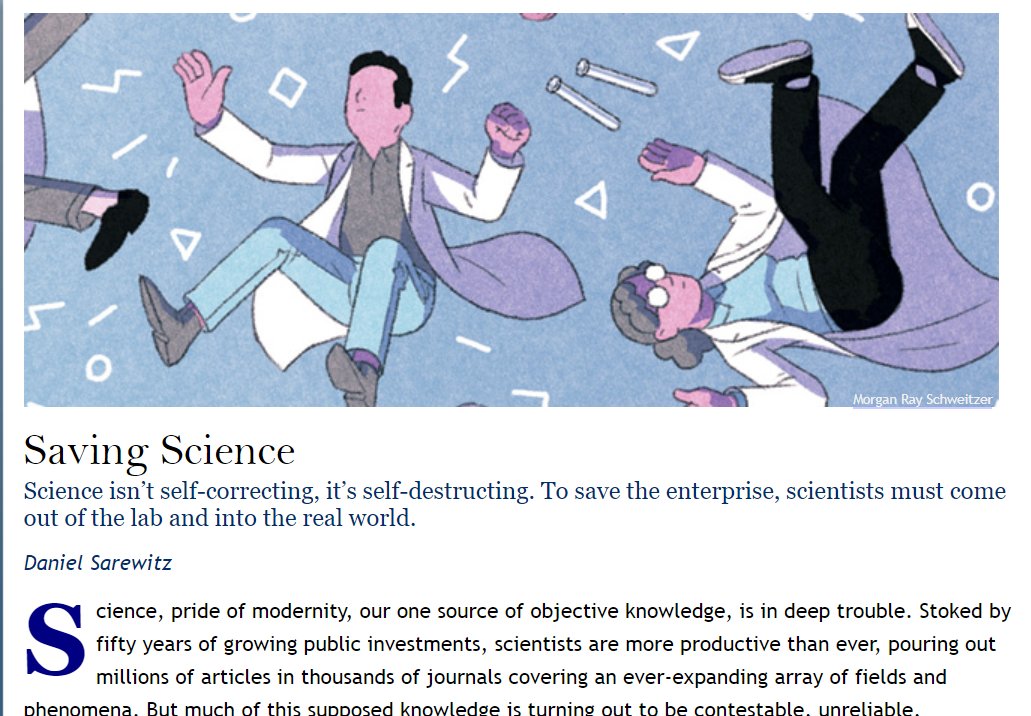
.@asymmetricinfo has also had a couple tweetstorms on this in the last day that you should very much read:
https://twitter.com/asymmetricinfo/status/1022111957497901057
Pleased to report some new subscribers today. Thanks, everyone.
• • •
Missing some Tweet in this thread? You can try to
force a refresh



